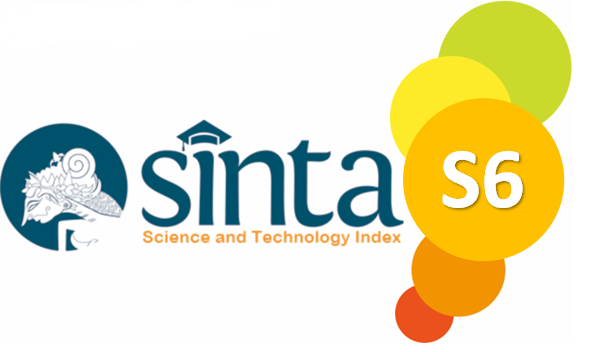KETAKUTAN AKAN ISOLASI, UNDANG-UNDANG INFORMASI DAN TRANSAKSI ELEKTRONIK, BUZZER DAN DOXING. MANA YANG BERPENGARUH TERHADAP KEINGINAN BERPENDAPAT?
DOI:
https://doi.org/10.33592/dk.v13i1.7670Abstract
This study examines the spiral of silence theory in a social media setting, focusing on the issue of COVID-19 policy on Twitter. It explores individuals' willingness to express opinions online. The research findings (N=140) show evidence of the spiral of silence phenomenon in the Twitter social media setting. Symptoms of the Spiral of Silence were found in the variable of Twitter exposure's influence on opinion climate conformity (t-statistic, 2.303) and the variable of agreement with the 'mudik' (homecoming) ban's influence on the fear of isolation (t-statistic, 4.203), indicating a significant effect. A significant influence was also found concerning the fear of the ITE Law (Electronic Information and Transactions Law) and the fear of buzzers and doxing. Agreement with the 'mudik' ban influenced the fear of buzzers and doxing (t-statistic, 2.486). Agreement with antigen/PCR tests as a travel requirement influenced the fear of the ITE Law (t-statistic, 2.651), and agreement with antigen/PCR tests as a travel requirement also influenced the fear of buzzers and doxing (t-statistic, 2.481). However, the fear of isolation, the ITE Law, buzzers, and doxing did not significantly influence the variable of willingness to express opinions.











